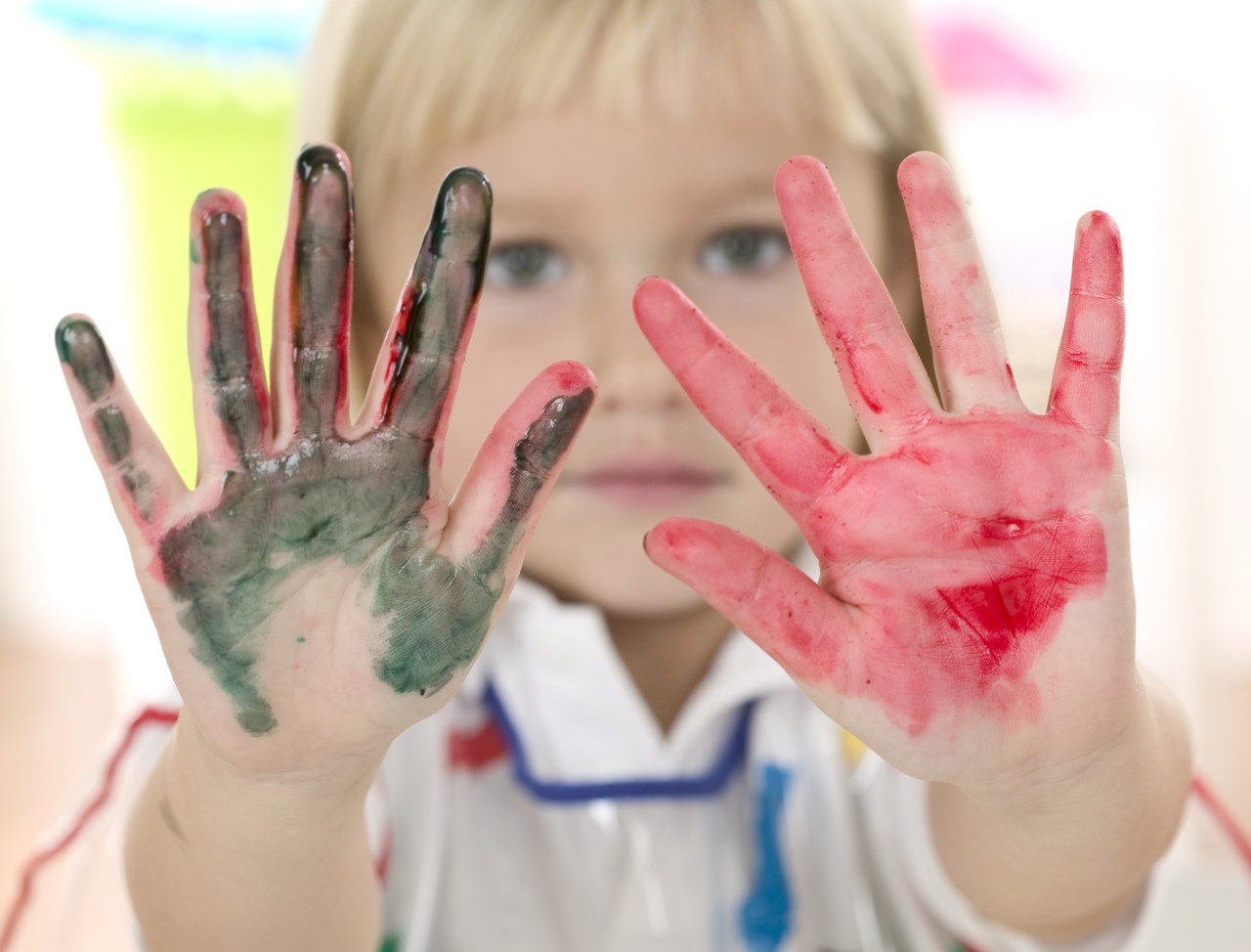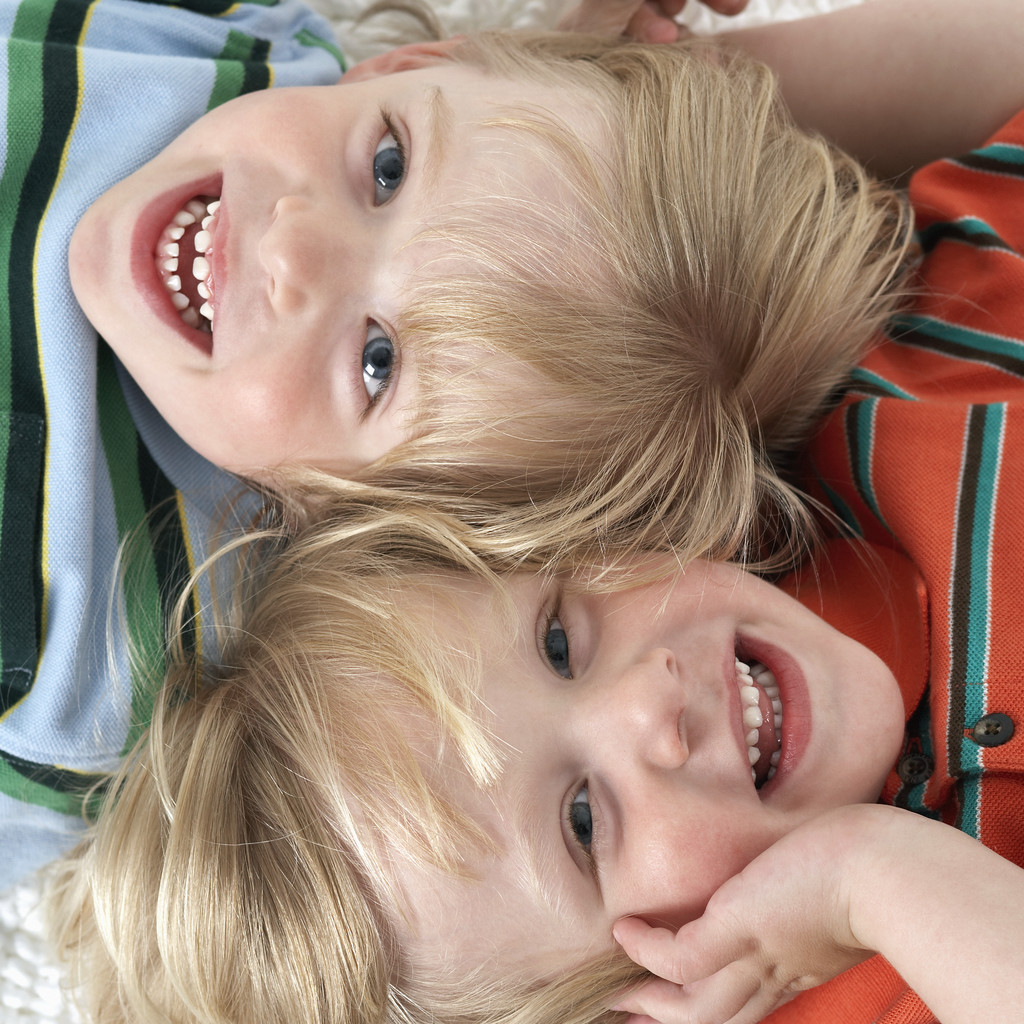It makes me want to go hide my head under a pillow when I think of everything these folks are dealing with. As usual I have no answers, but if you are a neighbor of friend of one of these individuals, offer to give them a break and help out in anyway you can. If you are a grandparent serving as a parent, below are a few tips which just might help.
- Find a support system. Some communities have grandparent support groups. Have a friend or neighbor, you can call for help.
- Take a parenting class. I know you know quite a bit about raising children, but times have changed. There is new information about what is appropriate for kids. You might be surprised that some of the things you worried about just aren't important.
- Attend library programs aimed at helping teach young children and parents about literacy. There is a lot you can do to get your child ready for kindergarten. You might even ask the library to start a special program just for grandparents.
- There are also new dangers that we never thought of with our own kids so take advantage of other community programs. In our area Rep. Rock is having a Family Day which will feature expert information on topics of interest, including: Child Car Seat Inspections/Installations;Child Fingerprinting for ID purposes; Crime Solvers, featuring McGruff the Crime Dog; Bicycle Rodeo (bring helmet); and Franklin County Drug and Alcohol Specialist. It will be held on Saturday, March 14, 2009 from 8:00 a.m. to noon at the Greencastle-Antrim Middle School.
- Look for resources on the Internet. Here are a few sites to get you started:
http://www.aarp.org/families/grandparents/raising_grandchild
http://ohioline.osu.edu/ss-fact/0157.html
http://www.grandparenting.org
- Whatever you do, take time to take care of yourself. Take time to do the things you like to do. If the job becomes too much or you begin to feel resentful, get some professional help. You cannot help your grandchildren if you are constantly stressed about your situation. Get help early.
If you have some tips to help grandparents, know of resources, or simply would like to talk about the topic, please feel free to leave a comment.


